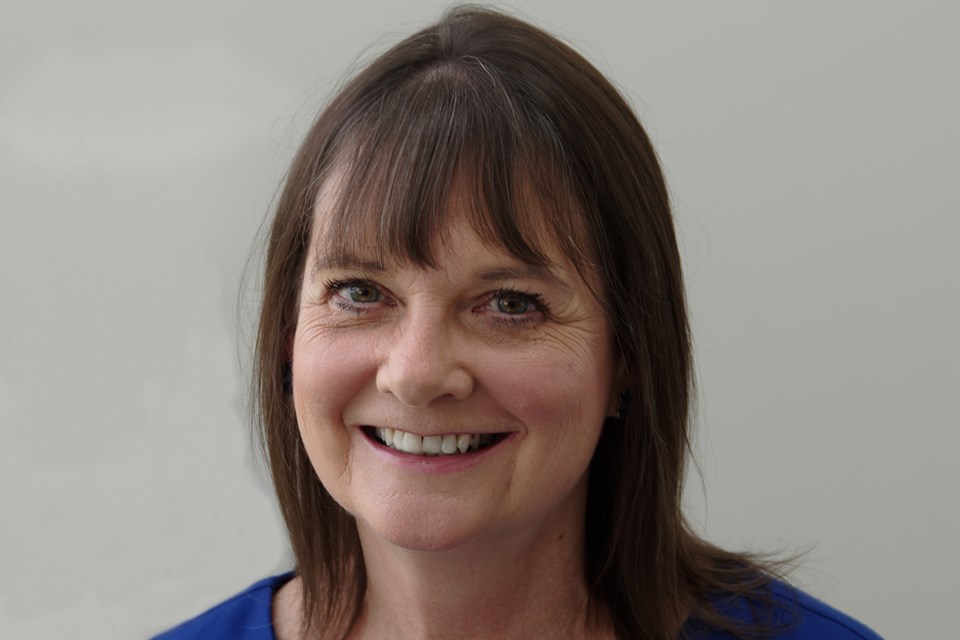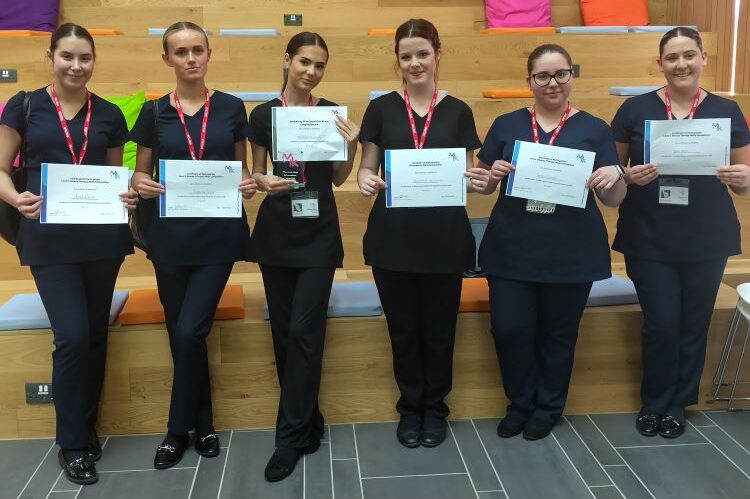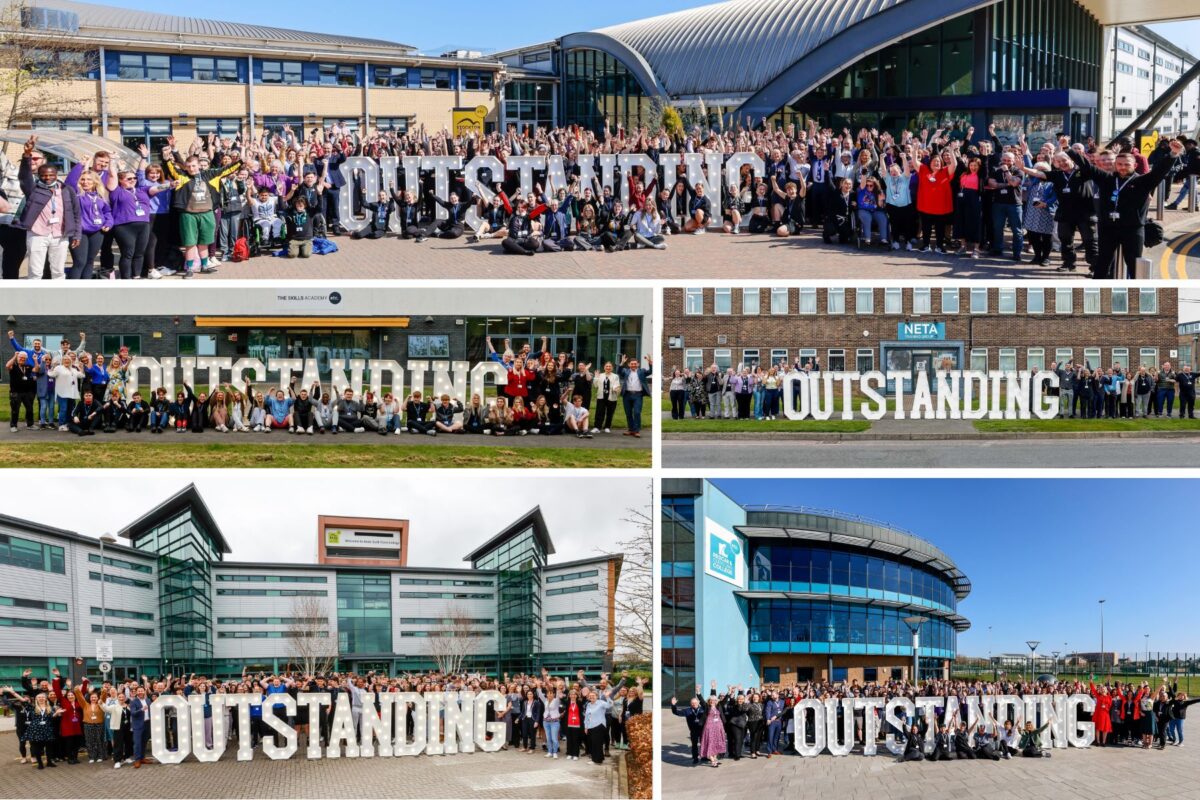Giving each and every child access to a great education to reach their full potential is at the heart of the Schools White Paper

As a leading charity with over 56,000 members, representing over half of schools, nasen stands with children and young people, their families and the wider workforce.
We must ensure education is meaningful and inclusive for all learners, led by trained and confident teachers in the classroom who can identify needs early on. High aspirations and equality for all must permeate all stages of the system – from the early years all the way through to supporting young people at age 25.
Whilst we recognise the crucial importance of reading, writing and maths, it is vital that children and young people access a broad and balanced curriculum that provides opportunities to develop holistic and values-led aspects such as creativity to support all areas of their wellbeing. Access to a wide and varied curriculum is important for learners with SEND and additional needs at a time when the education system is still working on the ground to address the learning gaps that were widened as a result of the pandemic.
Parental engagement
The White Paper has a welcome focus on parental engagement. Understanding, respecting and listening to the lived experiences of parents, families and young people themselves is critical. This means involving them right from the start of any process and not at the middle or the end. It is unacceptable that families too often feel like they are battling the system, being passed from ‘pillar to post’ and having to share their experiences numerous times with little join-up or progress being made. We want people to be able to tell their story once and get the right professionals involved as early on as possible to take ownership, address challenges, coordinate provision and importantly meet the aspirations and improve outcomes for the learner at the centre.
National Register
Whilst we welcome the government’s plans to develop the first ever National Register for children who are not in school, we remain concerned that some parents and carers of children and young people with SEND currently feel no option but to electively educate their children from home due to a lack of support and choices, or due to the impact of the pandemic on mental health and wellbeing.
We are one year on from schools returning to full time learning following the COVID lockdowns and a period of immense challenge. In that time, we have seen a staggering impact on the mental health of children and young people and increased absences in schools. We agree that a national register of children who are home educated is a positive move, as is the importance of attendance in our schools, but in order to truly meet pupils’ needs, this ambition must be matched with sufficient resource, so that schools can provide the necessary support, whether that’s accessing specialist teachers and social workers or educational psychologists and speech and language therapists.
Teacher training and CPD
To get it right for children and young people, we need strong joint commissioning and accountability and a shared language that is commonly understood by all. Teacher training and ongoing professional development opportunities that promote high quality teaching are essential, particularly given the importance of access to effective programmes of professional learning throughout teachers’ careers. We therefore welcome the White Paper’s focus on Initial Teacher Training, the Early Careers Framework and the National Professional Qualifications.
The role of academies
The sector has seen significant debate around the role of academies, with School Census 2020/2021 data showing that over 4.5 million pupils are already learning in over 9,000 academies. With the government’s ambitions to convert the remaining maintained schools to academies by 2030, this feels more pertinent than ever. Academies and MATs account for around 50% of nasen’s community, and whilst we know that there is some excellent practice taking place in this space, we recognise there is room for consistency and improvement around inclusive practice.
We know from experience that the role of the SENCO is critical – a fact which is clearly evidenced in our ongoing SENCO Workforce research with Bath Spa University. We want to see strong opportunities for SENCOs to be part of the strategic direction in MATs, with more opportunities for strong SENCO voices to be heard at senior leadership levels.
With MATs often spanning several local authority areas, there are pressing challenges: inequalities in budgets and conflicting priorities are compounded by the fact that each local authority has its own unique processes and systems that don’t always ‘join up’ in a way that puts children and young people’s needs first.
Specialist schools’ estate
We welcome the investment in the specialist schools’ estate as part of the wider capital estate programme. Most importantly the expansion of specialist provision must follow on from strategic planning in local areas, mapping out current and anticipated future needs. We want to see full consideration to how specialist and mainstream schools in an area are enabled and funded to connect and share expertise. Expansion of physical space is only one part of the solution. Too many families feel a devastating lack of choice in their local area for learners with SEND and additional needs.
Annamarie Hassall MBE, nasen CEO and Chair of Whole School SEND
nasen will continue the conversation with members, partners and the wider sector, framing the direction set out in the Schools White Paper, Opportunity for All: Strong schools with great teachers for your child, and considering how this shapes the organisation’s response to related policy inquiries, the consultation period for the forthcoming SEND Review Green Paper (being published tomorrow) and the call for evidence on the effectiveness of the legislative framework provided by Children and Families Act 2014.











Responses